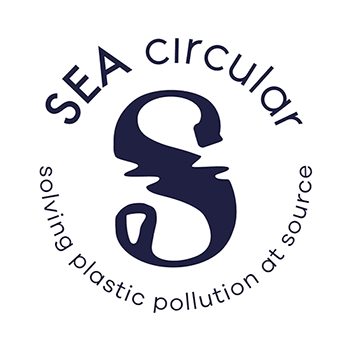ASIA PACIFIC WEBINAR: WASTE MANAGEMENT DURING COVID-19 PANDEMIC
Date: 16 July 2020
Time: 16:00 – 17:30 ICT
While COVID-19 is primarily a global health emergency, its impacts have been unprecedented on a wide spectrum of
sectors. One of the most pronounced challenges to emerge from the COVID-19 crisis is waste management. The impact
of both the health crisis and lockdown conditions has impacted waste management, from infectious and medical
waste management to breakdowns in municipal waste systems, which has had both environmental and human health
implications.
Over the last twenty years, United Nations Environment Programme has been involved in dealing with management of
solid wastes during major disasters such as tsunamis and earthquakes. Many lessons from those experience are valid
in dealing with the COVID-19 crisis.
Hospitals handling COVID-19 cases generate waste which are potentially infectious, from materials used in patient
care to the personal protective equipment used by the healthcare personnel. Even well-established medical facilities
have been overwhelmed by COVID-19 waste. In areas without environmentally adequate waste management solutions
that can responsibly handle medical, household and potentially disaster waste, locally appropriate solutions based
on integrated waste management will need to be found.
In many countries, tens of thousands of people are involved in waste picking activities and the market for recycled
goods has crashed. The COVID-19 situation has impacted livelihoods of waste pickers and increased stigma of their
jobs. Therefore, this sector will also need special attention.
The UN Environment Programme and its experts will be delivering a webinar in order to increase awareness and
provide guidance on the issue of waste management during the COVID-19 crisis. Participants of the webinar will also
have access to additional reference materials and guidance.
AGENDA
16:00 Welcome to the Webinar Series Mushtaq Memon, COVID-19 Waste Management/ Regional Coordinator for Resource Efficiency, UNEP Asia Pacific Office
16:05 Opening Remarks Isabelle Louis, Deputy Director, UNEP Asia Pacific Office
16:10 Management of Solid Wastes in Disasters Lisa Guppy, Regional Humanitarian Affairs Offices, UNEP Asia Pacific Office
16:25 Management of healthcare waste during COVID19 Martin Guard, Senior Consultant, REACT Project, UNEP
16:40 Impact on the Informal Sector Mike Cowing, Chief Technical Advisor, Ogoniland Project, UNEP
16:55 Questions and Answers
17:30 Conclusions













